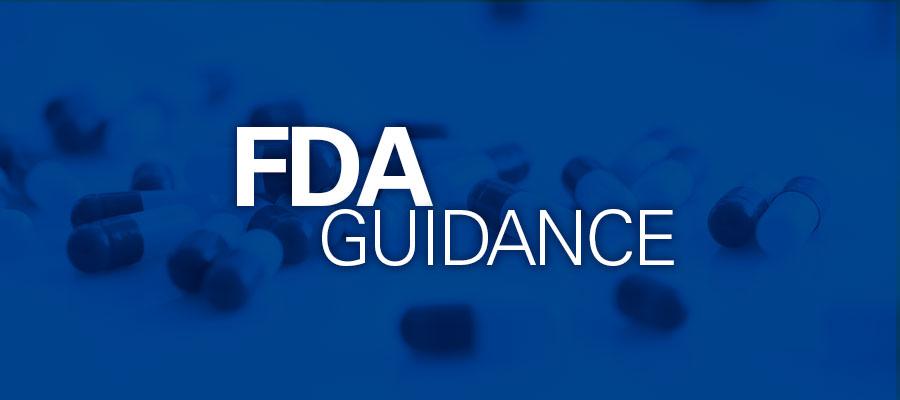FDA limits use of two COVID-19 monoclonal antibody therapies

Based on recent data on omicron variant susceptibility to monoclonal antibodies, the Food and Drug Administration yesterday revised its emergency use authorizations for the combination therapies bamlanivimab and etesevimab and REGEN-COV (casirivimab and imdevimab) to exclude geographic regions where the omicron COVID-19 variant predominates.
“Because data show these treatments are highly unlikely to be active against the omicron variant, which is circulating at a very high frequency throughout the United States, these treatments are not authorized for use in any U.S. states, territories, and jurisdictions at this time,” the agency said. “In the future, if patients in certain geographic regions are likely to be infected or exposed to a variant that is susceptible to these treatments, then use of these treatments may be authorized in these regions.”

